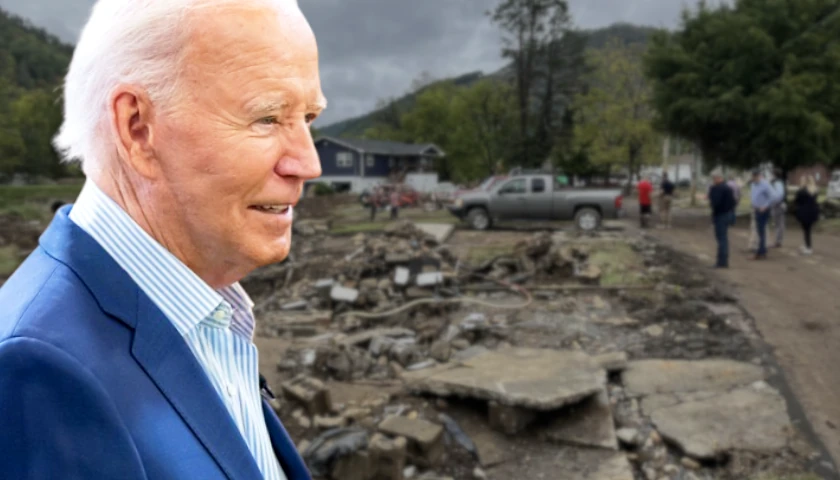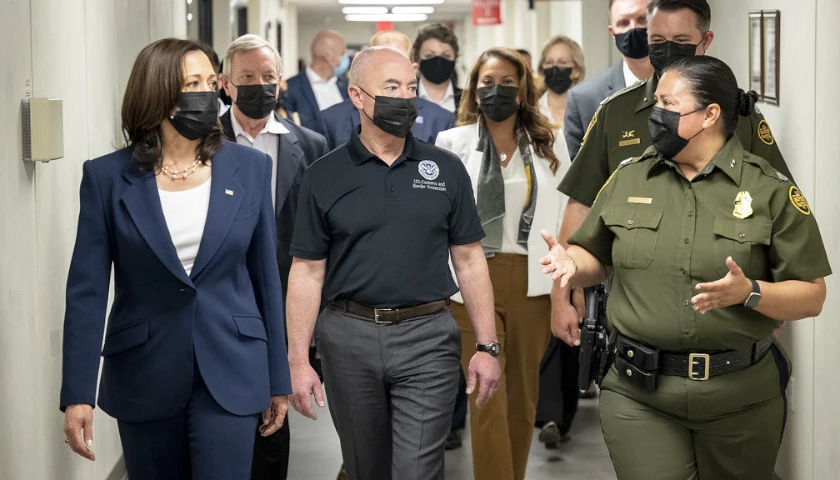U.S. Rep. Steve Cohen, a Democrat representing Tennessee’s Ninth Congressional District, has given $4.2 million of taxpayer money to the Memphis International Airport, despite recent reports it’s lost almost two-thirds of its passengers in recent years.
Cohen announced this funding, from the U.S. Department of Transportation, in a recent press release. Cohen said airport officials will use the money for a deicing pad, among other things.
As The Star reported last year, the Memphis International Airport has had a dramatic decrease in the amount of traffic that goes through there.
In a report that came out last year, the New York Times described the Memphis airport as “a glaring casualty of an airline merger that transformed the American aviation industry but cost the Mid-South’s most important city its status as a hub.”
As the Times went on to say, there once was a time when Northwest Airlines was the dominant carrier. Delta Airlines eventually gobbled it up. Delta then decided it only needed one hub in the South, in Atlanta.
“The decision cost Memphis almost two-thirds of its passengers,” according to the Times.
“From more than 11 million in 2007, the last full year before the merger announcement, the count fell to about four million last year.”
The result — three concourses are left and most of its gates are unused. Airports officials will spend $219 million to close and renovate one concourse and mothball the other two.
According to an airport press release from January, more than 4.4 million passengers came through the airport in 2018.
As The Star reported last year, federal taxpayers shelled out $43.3 million to improve the airport, via an FAA grant.
Exactly $28.5 million of that money reimbursed airport officials for reconstructing two taxiways. The remaining $14.7 million, meanwhile, went to rehabilitate the Memphis International Airport’s Concourse B.
Memphis International Airport spokesman Glen Thomas, in an emailed statement, said at the time the airport qualified for the federal funding, even though it seemed like a ghost town.
These funds, Thomas said, involved federal Airport Improvement Program money. Under federal law the aviation system generates that money. That money is then apportioned back to airports based on their activity stats.
“In this case, to Memphis based on the amount of cargo enplaned here (we are the world’s 2nd busiest cargo airport) and the number of passengers enplaned,” Thomas said in his statement to The Tennessee Star at the time.
The Fed-Ex global hub is at the Memphis Airport.
– – –
Chris Butler is an investigative journalist at The Tennessee Star. Follow Chris on Facebook. Email tips to [email protected].






The article mentions, just barely and near the end, that Memphis is a FedEx hub and the second busiest cargo airport in the world. When the weather conditions make deicing necessary, cargo planes need to be deiced the same as passenger planes. So a decline in air passenger traffic at MEM does not directly correlate with the need for airport improvement funds.